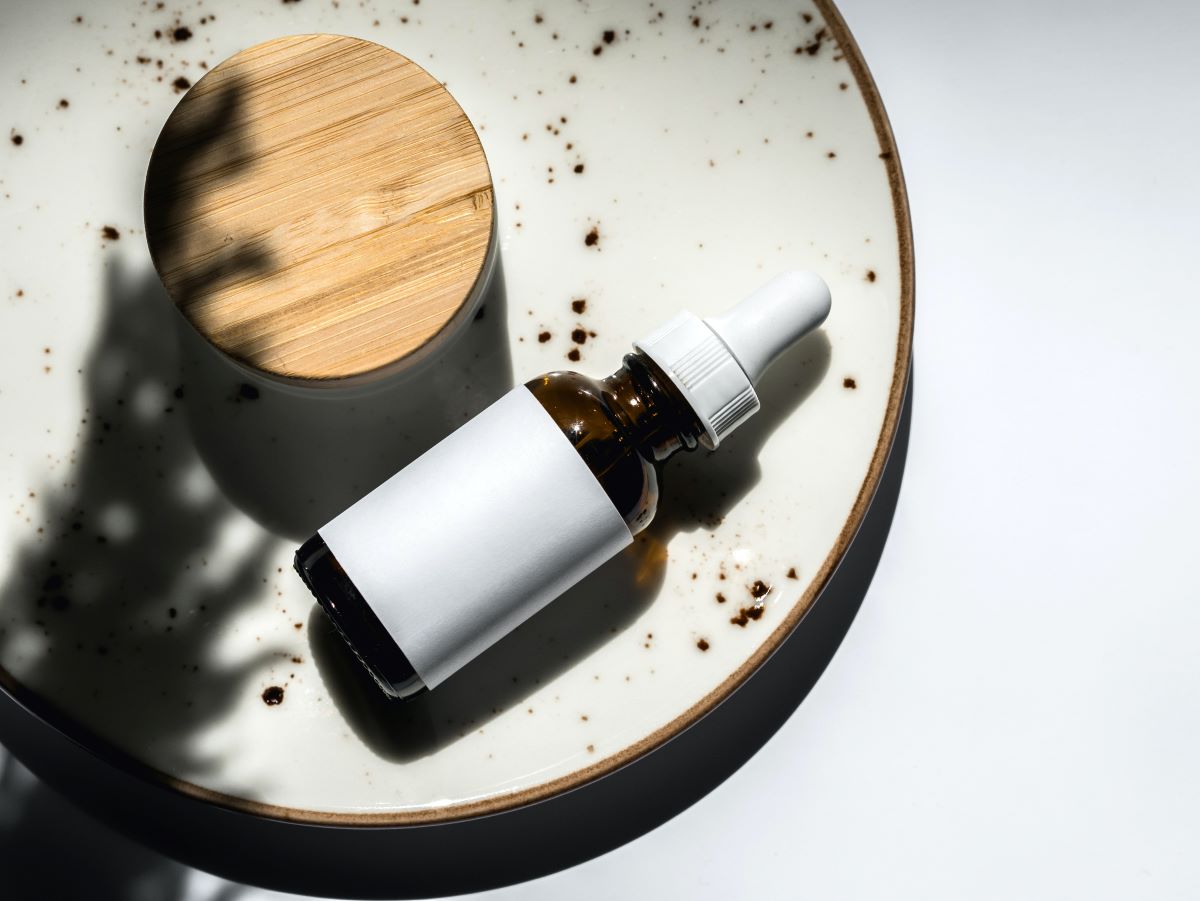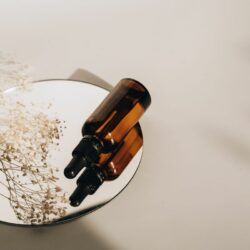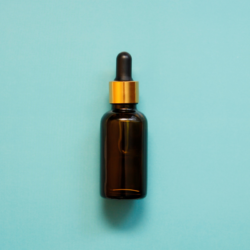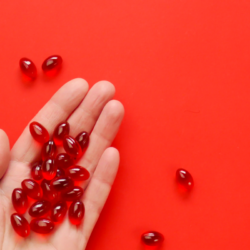Serums are cosmetic products concentrated in active ingredients such as: Hyaluronic acid or vitamin C. As a result, some can help reduce the signs of ageing, pigmentation spots and dehydration. In fact, many of these anti-ageing serums are available from our online organic pharmacy Soin & Nature. What’s more, some are vegan, allergy-tested or suitable for sensitive skin.
What are the benefits of topical vitamin C?
Cosmetic products available from online pharmacies containing ascorbic acid, a natural antioxidant, can provide numerous benefits for the skin. Firstly, it protects the skin against the harmful effects of free radicals and UV rays.
What’s more, it can also help to reduce pigmentation spots and brown spots, improving the luminosity and evenness of the skin.
In addition, vitamin C stimulates collagen production, reducing the appearance of signs of ageing such as fine lines and wrinkles. It also helps to retain water in the skin, making it more hydrated and softer. Finally, it can help soothe irritated or inflamed skin, reducing redness and increasing skin comfort.
Most skin types can use vitamin C topically. In fact, only hyper-sensitive skin can be irritated by the application of a vitamin C serum.
Vitamin C can be used in combination with other active ingredients such as AHAS, retinol and sun filters. What’s more, ascorbic acid helps to reduce pigmentation spots. Secondly, it has an anti-inflammatory effect, thanks to its high antioxidant capacity!
What’s the best anti-ageing serum?
A serum is an excellent way to enhance all the products you use in your daily skin care routine. It boosts the effectiveness of the other products you use. You’re probably wondering how it works? Well, quite simply because of its fluid texture, which penetrates deep into the epidermis. This makes it an excellent ‘vehicle’ for all the active ingredients in your creams and lotions.
What’s more, they are designed to be applied after cleansing the face and before your moisturising lotion. Anti-ageing serums are light, water-based products that penetrate quickly. This allows them to deliver a highly concentrated dose of powerful anti-ageing active ingredients.
Which product should I use to soothe my sensitive skin?
Sensitive skin is often the last to be served when it comes to cosmetic products. Unfortunately, many ‘fashionable’ formulas are not suitable for atopic skin.
What’s more, using products that are too aggressive can damage the skin barrier and cause skin inflammation. Fortunately, French parapharmacy has many options for even the most fragile skin.
In fact, there are a number of serums that can meet the needs of even the most fragile skin: take SVR’s B3 serum, for example. In fact, this serum is a repair concentrate for the face, formulated with niacinamide andhyaluronic acid. As a result, it boosts skin hydration while helping to strengthen the cutaneous barrier. Its anti-inflammatory action is very useful in most dermatitis conditions, as well as in the treatment of acne.
Which serum should I use to get rid of acne?
Contrary to popular belief, acne-prone skin needs a lot of gentleness. In fact, acne-prone skin has a weakened cutaneous barrier, with visible inflammation. That’s why it’s a good idea to start by using a repairing, soothing serum, such as LCA Miracle Serum.
Secondly, active ingredients such as glycolic acid and salicylic acid are excellent choices for clearing up oily skin: Laroche Posay’s Effaclar serum is specially formulated for adult acne-prone skin.
Thirdly, active ingredients to combat pigmentation spots are preferable: Retinol, lactic acid and bakuchiol. In fact, Cerave’s retinol serum helps to combat residual acne marks.
Source:
- https://www.ncbi.nlm.nih.gov/pmc/articles/PMC3673383/
- https://www.ncbi.nlm.nih.gov/pmc/articles/PMC4492638/
- https://www.ncbi.nlm.nih.gov/pmc/articles/PMC5579659/
- https://www.ncbi.nlm.nih.gov/pmc/articles/PMC4492638/
- https://www.ncbi.nlm.nih.gov/pmc/articles/PMC7950568/
- https://www.ncbi.nlm.nih.gov/pmc/articles/PMC6017965/





